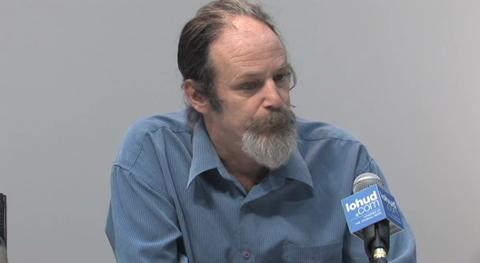
By my count, the Santa Barbara killings are the sixth mass murders committed by someone with a mental disorder in recent memory. I found myself making the media rounds this week saying much the same thing that I have said after all of these shootings.
I did notice two articles that I felt provided fresh views.
In Why Can’t Doctors Identify Killers? published in the New York Times, Richard A. Friedman argues that the notion we can stop mass murders by improving our mental health system is a misconception.
“It is a comforting notion, but nothing could be further from the truth,” writes Friedman, who is a professor of clinical psychiatry and the director of psychopharmacology clinic at the Weill Cornell Medical College.
Friedman also cautions against lowering the dangerous criteria for involuntary commitment and argues that drug and alcohol abuse are far better indicators of potential violence than mental illnesses. I disagree with some of his points, but found his article thought-provoking.







